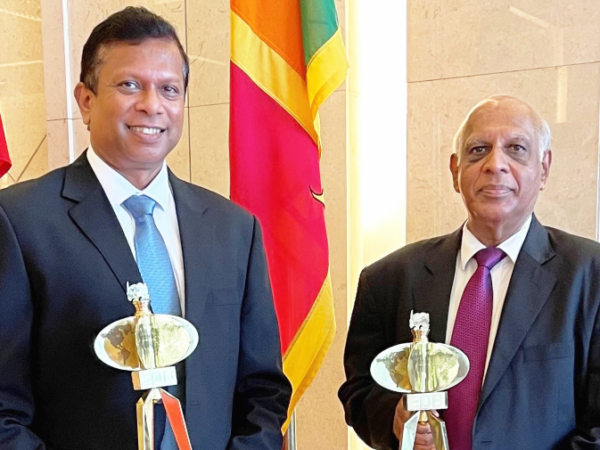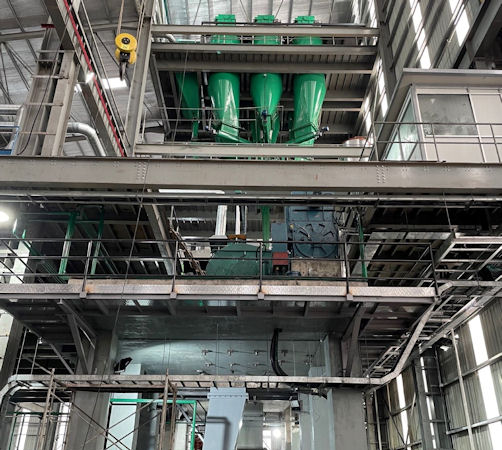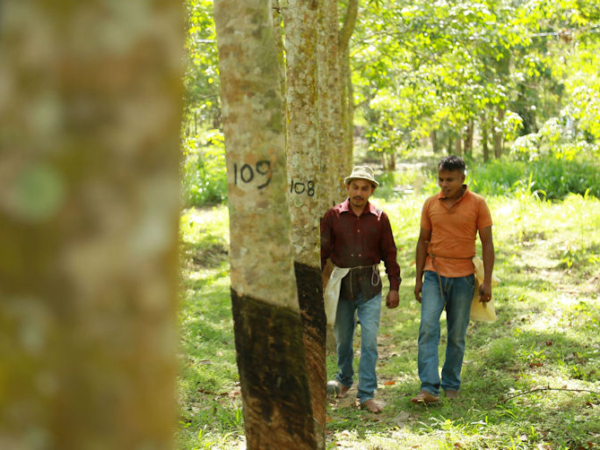GRI expands construction, agri ranges
GRI has added 23 SKUs to its tyre ranges for the agricultural and construction segments. The off-highway tyre specialist describes this enlargement of its portfolio as a “strategic move” that underscores its “commitment to meeting the evolving needs of its customers worldwide” as well as its “dedication to innovation and excellence in tyre manufacturing.”

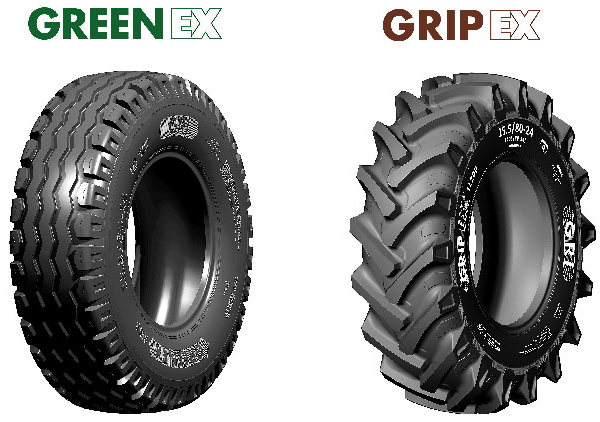
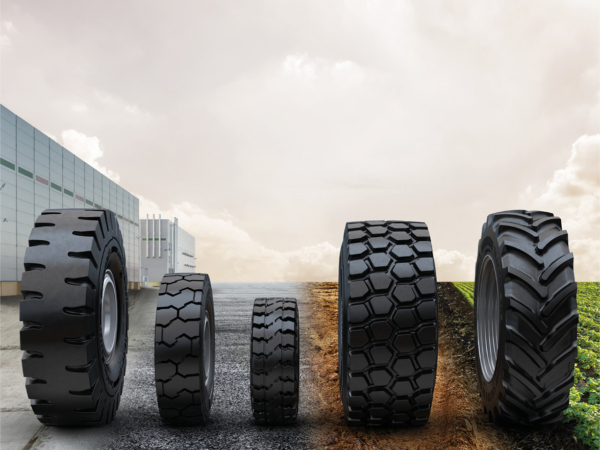 Continental
Continental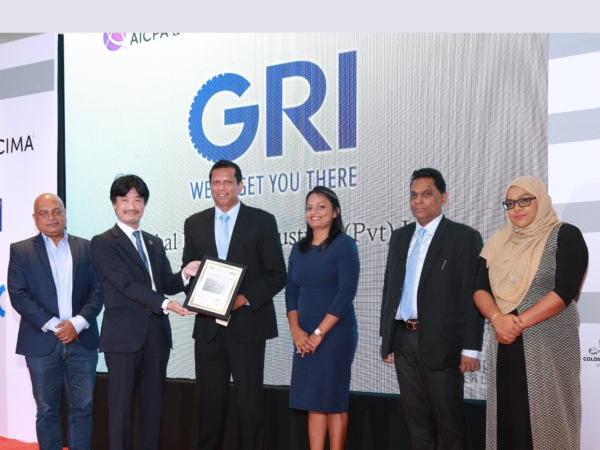
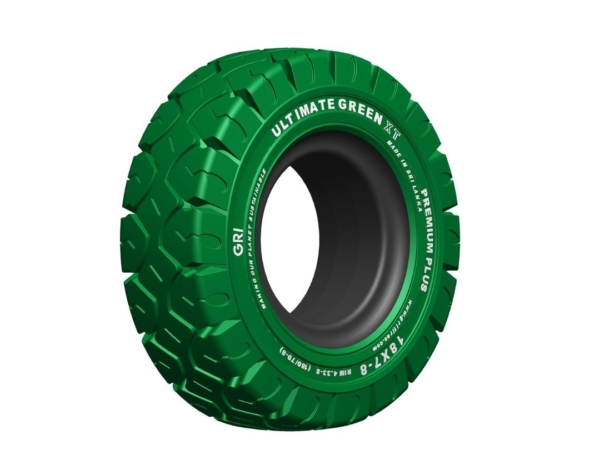
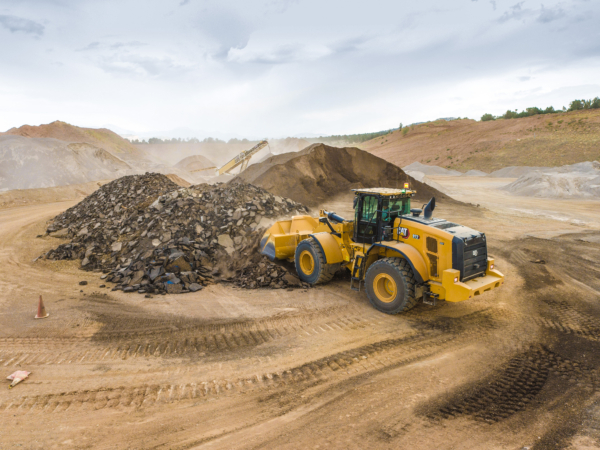 Zeppelin Systems
Zeppelin Systems
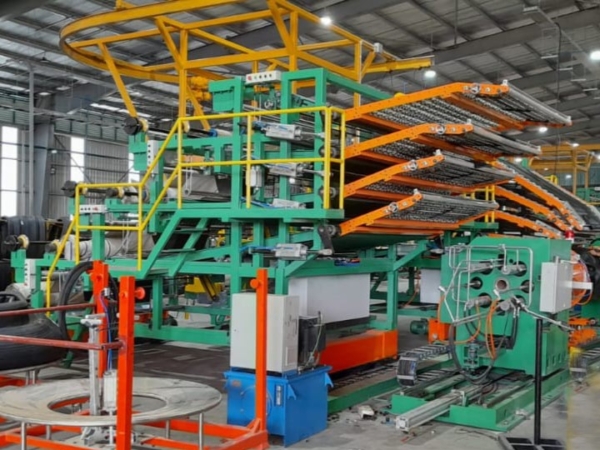
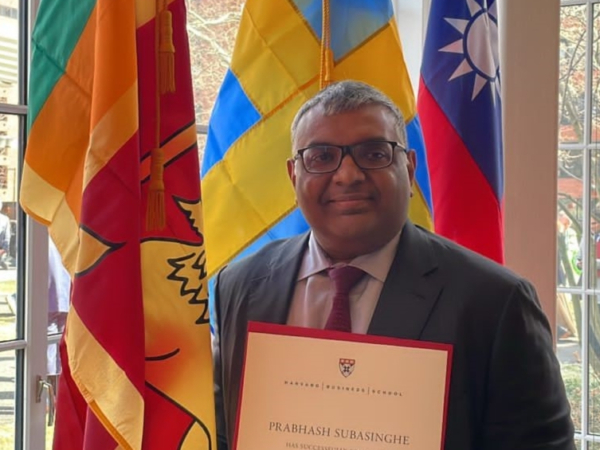
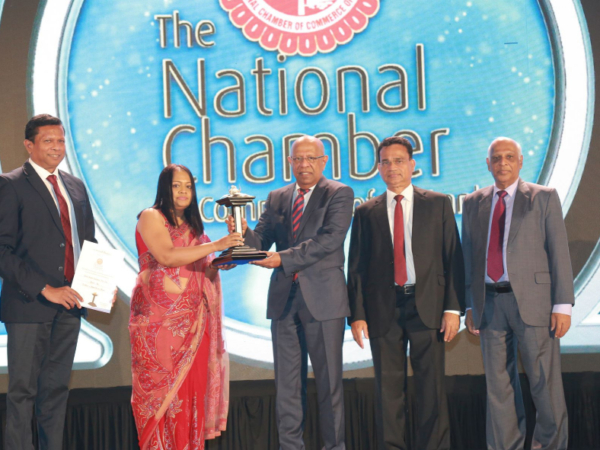
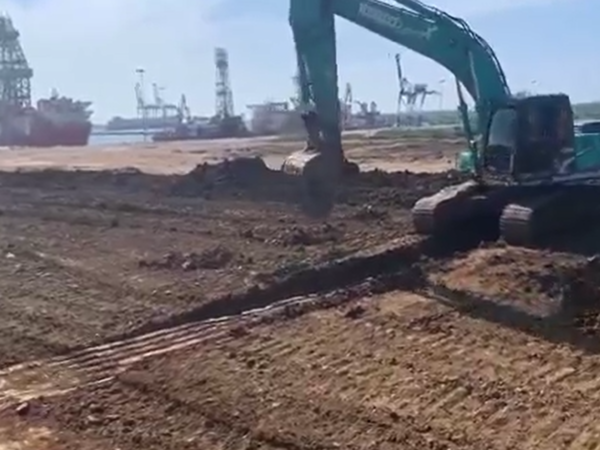 Haohua Tire
Haohua Tire
